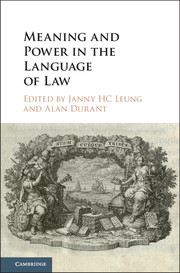Matthew H. Birkhold, Assistant Professor of German and Assistant Professor of Law, The Ohio State University, is publishing Characters Before Copyright: The Rise and Regulation of Fan Fiction in Eighteenth-Century Germany (Oxford University Press, 2019). Here from the publisher's website is a description of the book's contents.

How did authors control the literary fates of fictional characters before the existence of copyright? Could a second author do anything with another author's character? Situated between the decline of the privilege system and the rise of copyright, literary borrowing in eighteenth-century Germany has long been considered unregulated. This book tells a different story. Characters before Copyright documents the surprisingly widespread eighteenth-century practice of writing fan fiction literary works written by readers who appropriate preexisting characters invented by other authors and reconstructs the contemporaneous debate about the literary phenomenon. Like fan fiction today, these texts took the form of sequels, prequels, and spinoffs. Analyzing the evolving reading, writing, and consumer habits of late-eighteenth-century Germany, Characters before Copyright identifies the social, economic, and aesthetic changes that fostered the rapid rise of fan fiction after 1750. Based on archival work and an ethnographic approach borrowed from legal anthropology, this book then uncovers the unwritten customary norms that governed the production of these works. Characters before Copyright thus reinterprets the eighteenth-century literary commons, arguing that what may appear to have been the free circulation of characters was actually circumscribed by an exacting set of rules and conditions. These norms translated into a unique type of literature that gave rise to remarkable forms of collaborative authorship and originality. Characters before Copyright provides a new perspective on the eighteenth-century book trade and the rise of intellectual property, reevaluating the concept of literary property, the history of moral rights, and the tradition of free culture.






